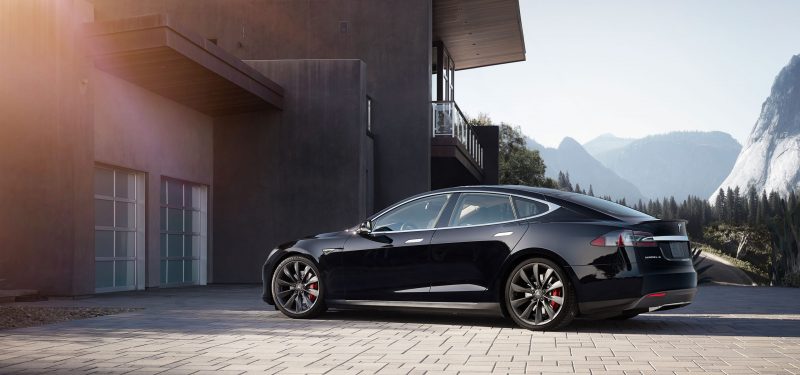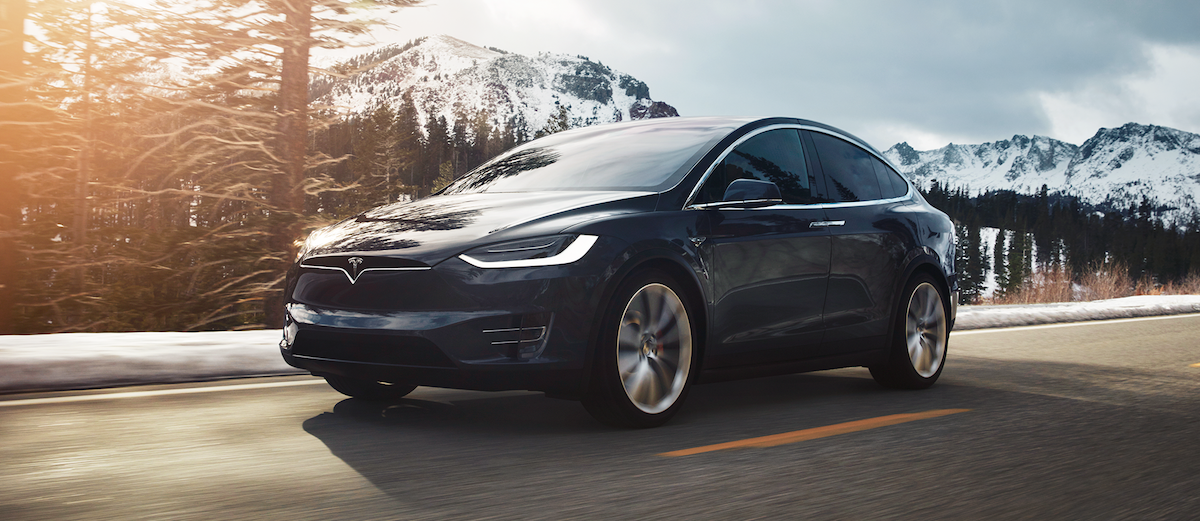- Tesla missed Wall Street estimates for fourth-quarter Model 3 sales.
- But the company sustained sales of around 100,000 of its luxury Model S and Model X vehicles in 2018.
- Tesla’s Model 3 remains a work in progress, but its core luxury business appears sustainable.
Tesla reported fourth-quarter and full-year 2018 vehicle deliveries on Wednesday. The company sold 90,700 cars in the quarter and 245,240 for the year, a disappointment for Wall Street, but something of a minor miracle given the many production issues Tesla faced in 2018.
Of the total, 61,394 were Model 3s, Tesla’s least expensive car. On the more profitable front, 25,161 were the Model S sedan and Model X SUV, vehicles that sell for around $100,000 of average and have made the carmaker the dominant player in the all-electric luxury market.
Tesla shares fell on the news, down 8% to $305 in pre-market trading on Wednesday. The bull case for Tesla is obviously weakened by lighter-than-expected Model 3 sales. But markets shouldn’t overlook the smooth execution on Model S and Model X, which without much fanfare have hit their 2018 benchmark of 100,000 deliveries.
Read more: 2019 will be a critical year for Tesla – here’s what to expect from the automaker
Despite it numerous naysayers, Tesla is a viable car company as long as it has Model S and X to fall back on. This is the core business - or, if you will, the serious luxury side of the brand. Because Tesla is really two carmakers now, with Model 3 serving as a sort of bridge to the mass market and an entry point, while S and X provide what the more discriminating buyer is looking for.

That 100,000 total will get lost in Wednesday's news, but it's a major achievement. Sustainable sales of Tesla's most expensive cars indicate that the company's most lucrative demand isn't flagging. Tesla also seems to be having far less difficulty getting S and X vehicles to buyers, while Model 3 hopefuls are putting up with the company's growing pains.
The overall total sales for 2018 also show that Tesla's production system at its Fremont, CA factory has matured. As the company noted when it released the numbers, 245,240 deliveries in 2018 nearly equaled sales for Tesla's entire previous history.
So the upshot is that Tesla has gotten pretty good at manufacturing and selling its upper-end BMW and Mercedes fighters; the mid-luxury and quasi-mass-market stuff is more of a work in progress. Regardless, the company moved more cars in Q4 than it did in Q3, and that should produce an accordingly higher level of revenue, after its third quarter in which Tesla's brought in nearly $7 billion.

